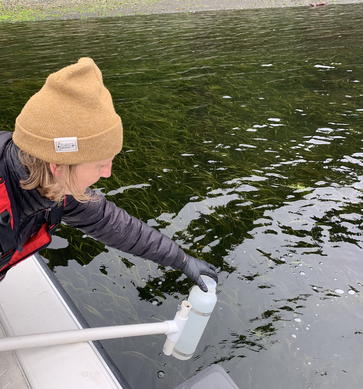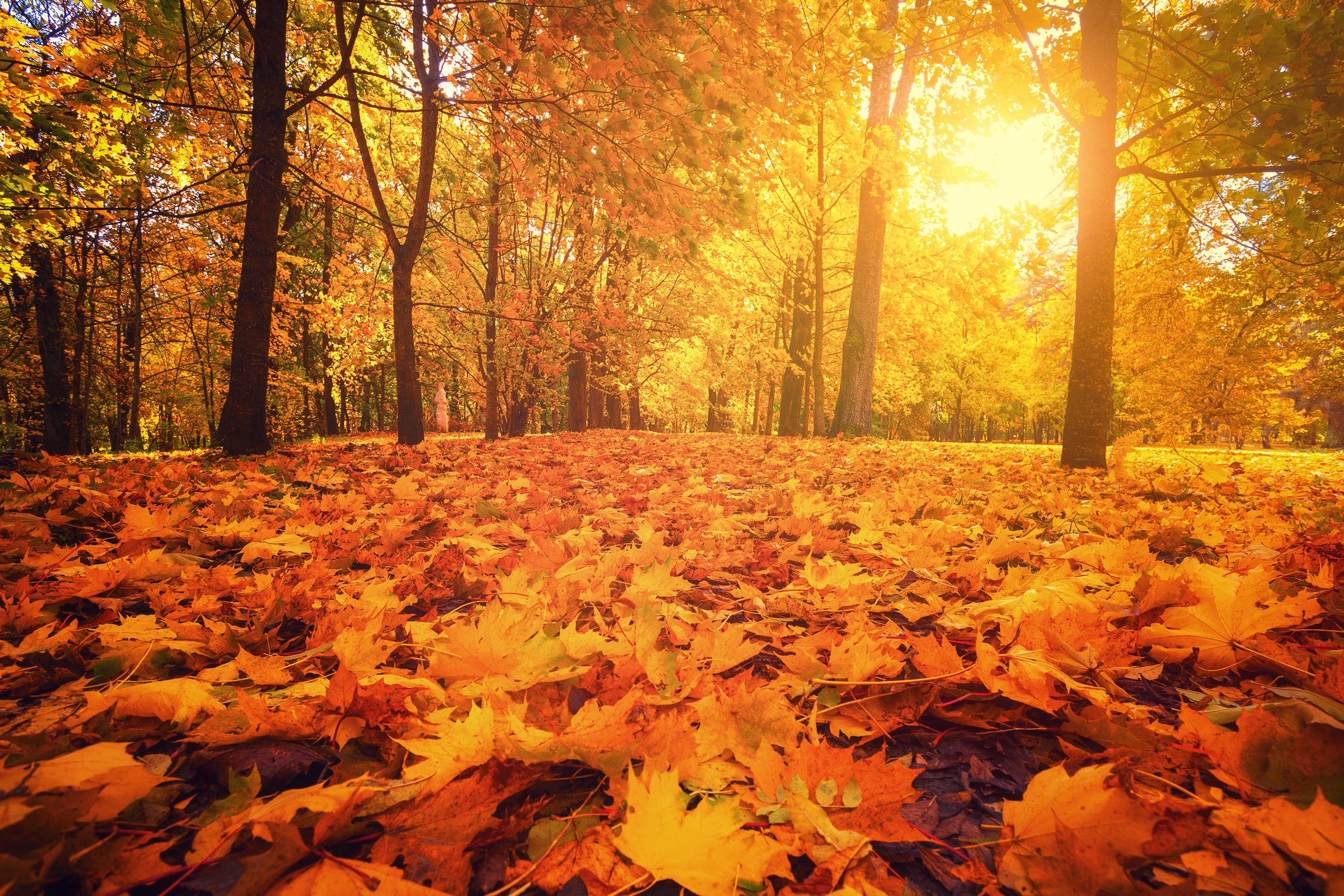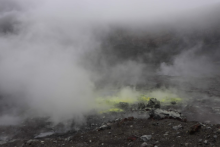Thanks to an endowment of $5 million from Canadian philanthropist Charles Bronfman, LLD’90, the McGill Institute for the Study of Canada (MISC) is launching a new flagship event entitled Conversations, sponsored by Charles Bronfman, a series of high-profile and broadly accessible discussions about issues of global importance and the challenges and opportunities facing Canada.


McGill University announced that six of its Professors (two individually, four as part of a multi-institutional team) have been declared winners of this year’s Natural Sciences and Engineering Research Council of Canada (NSERC) prizes. These prestigious awards range from individual awards for innovative discoveries by young researchers to recognitions of lifetime achievement and influence. The McGill-based recipients are as follows:

Ice buildup on powerlines and electric towers brought the northern US and southern Canada to a standstill during the Great Ice Storm of 1998, leaving many in the cold and dark for days and even weeks. Whether it is on wind turbines, electric towers, drones, or airplane wings, dealing with ice buildup typically depends on techniques that are time consuming, costly and/or use a lot of energy, along with various chemicals. But, by looking to nature, McGill researchers believe that they have found a promising new way of dealing with the problem.

Sampling seawater just below the surface of a seagrass bed in Quatsino Sound, British Columbia. Credit: Mike McDermid
What can a bottle of seawater tell you about the fish living below?

A landmark donation to support McGill University’s renowned genomics research and education programs from UK-based alumnus and long-time donor Victor Dahdaleh is a catalyst for advancements in genomics research. Thanks to gifts from Victor Dahdaleh totalling more than $30 million, McGill will launch the Victor Phillip Dahdaleh Institute of Genomic Medicine.

Canadian scientists will contribute to assessing and addressing climate change thanks to a new satellite mission that has received more than $200 million from the Canadian federal government. This is Canada’s contribution to a major multi-satellite mission led by NASA, the Atmosphere Observing System (AOS) mission, and will improve extreme weather prediction, climate modelling, and the monitoring of disasters.

Mask-wearing has become the norm for many since the beginning of the COVID-19 pandemic. Despite their effectiveness in preventing the spread of viruses, opaque masks impair our ability to understand and convey emotions, a group of McGill University researchers has found.

Every year around 2 million people die worldwide from hemorrhaging or blood loss. Uncontrolled hemorrhaging accounts for more than 30% of trauma deaths. To stop the bleeding, doctors often apply pressure to the wound and seal the site with medical glue. But what happens when applying pressure is difficult or could make things worse? Or the surface of the wound is too bloody for glue? Drawing inspiration from nature, researchers from McGill University have developed a medical adhesive that could save lives, modeled after structures found in marine animals like mussels and flatworms.

Human languages are notoriously complex, and linguists have long thought it would be impossible to teach a machine how to analyze speech sounds and word structures in the way humans do. But researchers from McGill University, MIT, and Cornell University have taken a step in this direction. They have developed an artificial intelligence (AI) system that can learn the rules and patterns of human languages on its own.


Two renewable resources – cellulose from wood pulp and chitin from the shells of crabs, lobsters and other crustaceans – are known to industrial chemists for their potential for creating highly versatile nanocrystals, useful for making pharmaceuticals, cosmetics, industrial additives and much more.

On October 26, 2022, 1,800 graduating students will cross the stage at McGill University’s Fall 2022 convocation ceremonies. They will celebrate with family and friends at Place des Arts, 175 St. Catherine Street West.
As part of the ceremonies, McGill will continue its tradition of conferring honorary degrees to highly talented and engaged individuals who serve as an inspiration for its community of students, professors, researchers, and staff.
At the Fall 2022 ceremonies, the university will confer its highest honours upon two accomplished McGill alumni:

Blue-green algae (AKA cyanobacteria) have a superpower which likely helps them be highly successful as invaders of waterways. They have an extraordinary ability to store energy and nitrogen in their cells for times of need. But how exactly they do so remains only partly understood.

Volcanic eruptions can be tricky to predict. Magma stored below volcanoes contains dissolved gases, including carbon dioxide, which escape to the surface and can be sampled at different times (before, after or during) an eruption to provide clues about the next one.

Announced today by the Honourable François-Philippe Champagne, Minister of Innovation, Science and Industry, 15 McGill researchers received a total of $3.9 million from the Canada Foundation for Innovation’s John R. Evans Leaders Fund (CFI JELF). The Quebec government will provide matching funds for these awards. Across 40 Canadian institutions, Champagne announced $64 million to support 251 research infrastructure projects.

